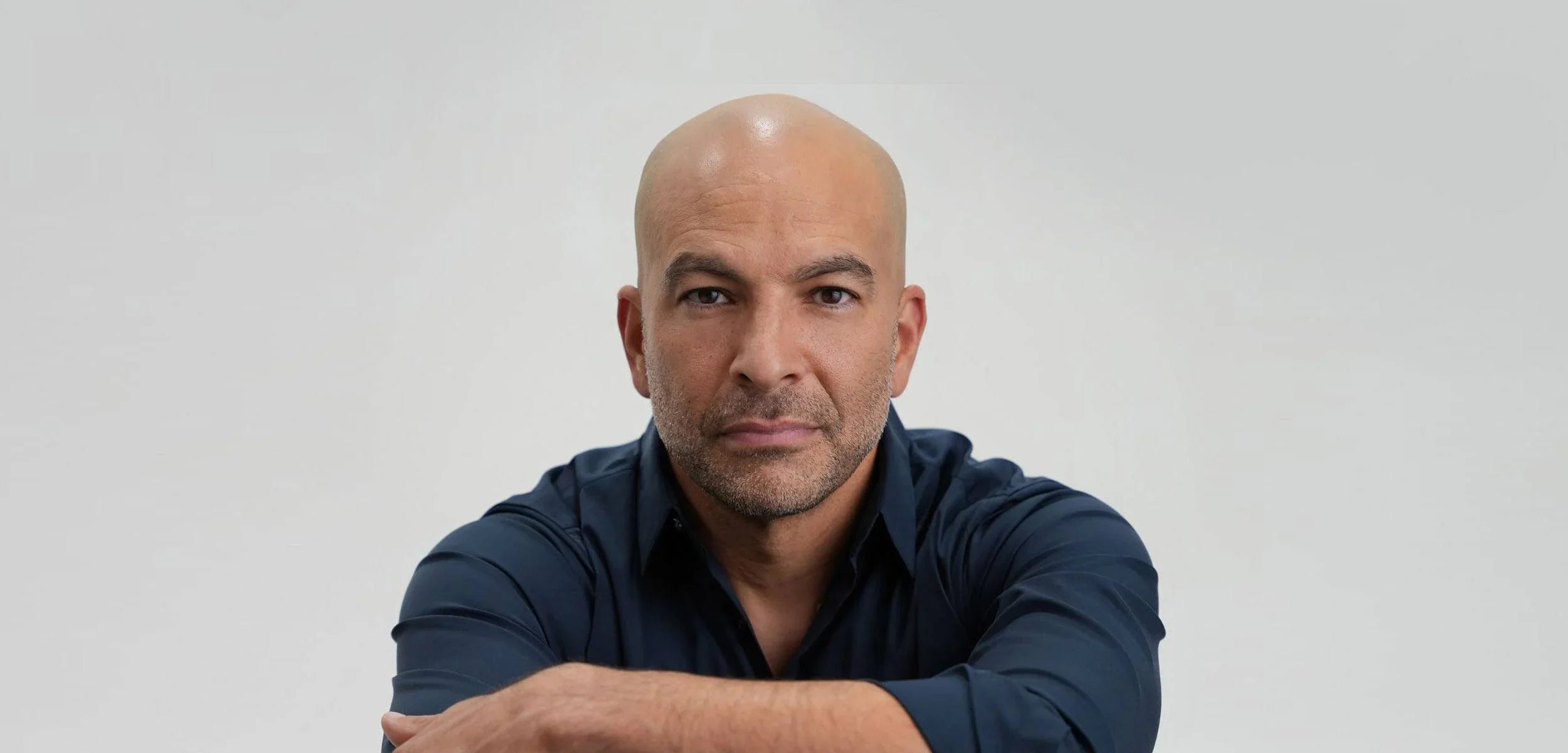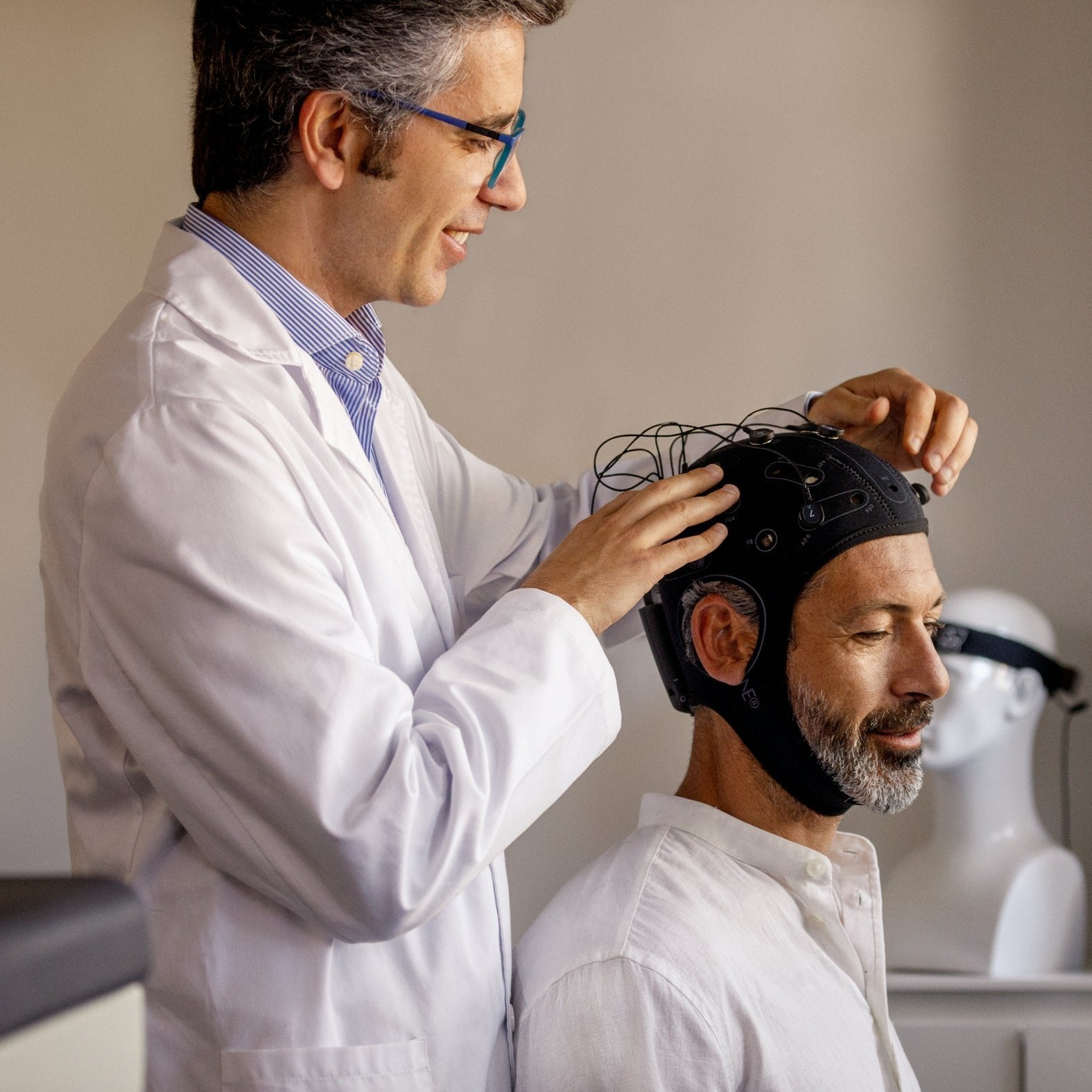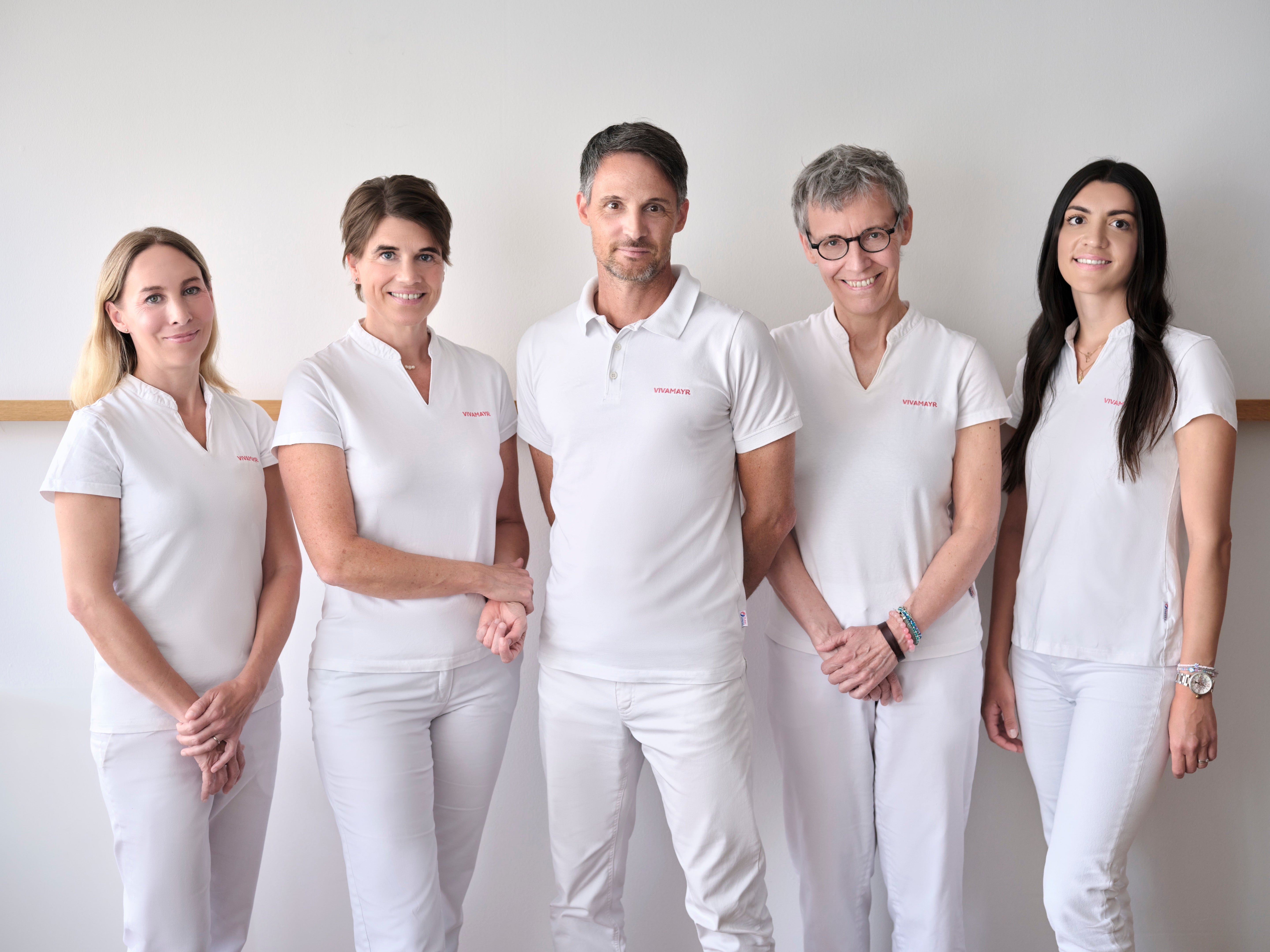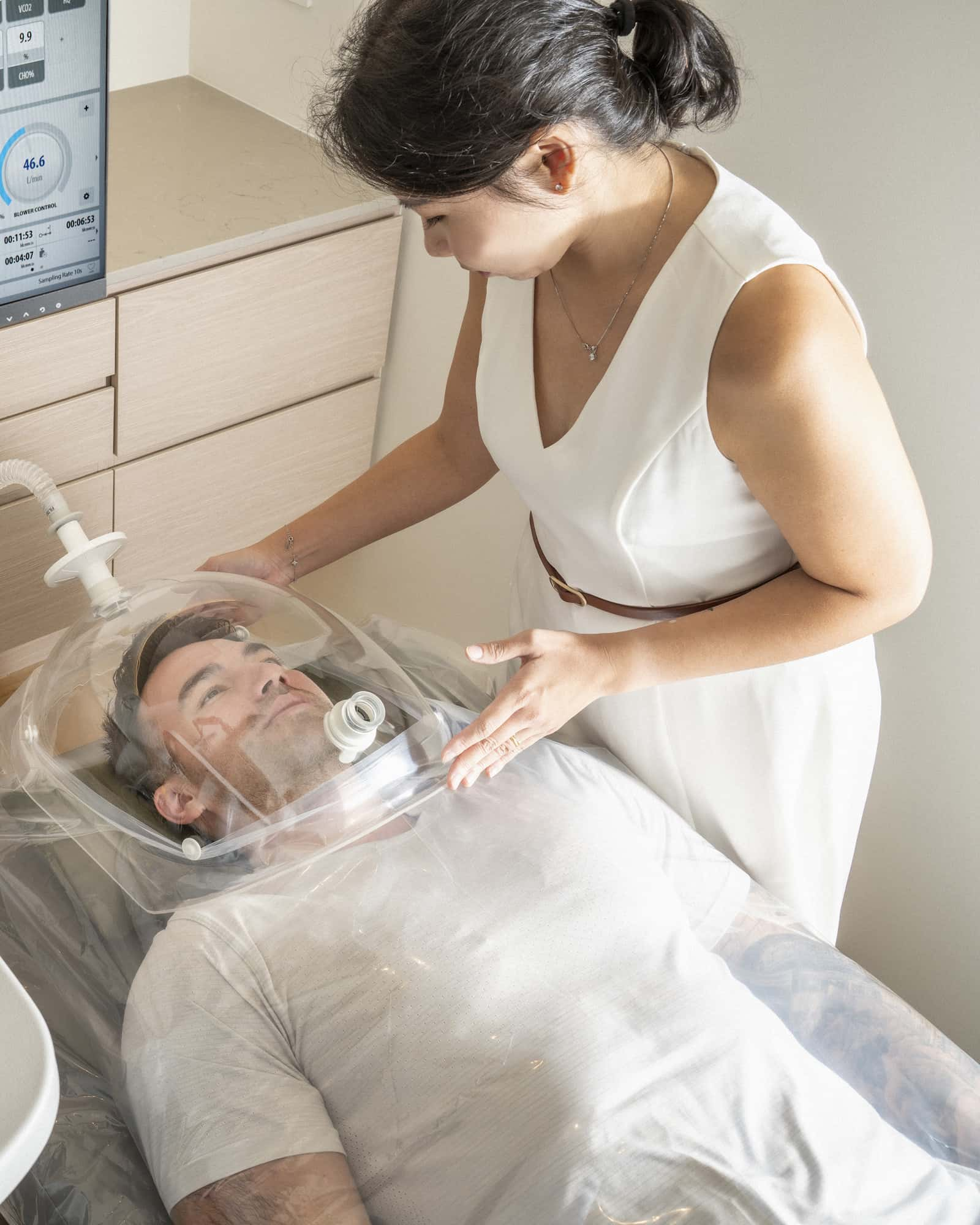Dr. Peter Attia is a leading voice in longevity and health optimization. His work focuses on prolonging healthspan (not just lifespan), preventing chronic disease, and optimizing physical and cognitive performance. His approach is deeply data-driven, blending cutting-edge science with practical application. Here are some of his most important insights:
1. Medicine 3.0: A New Approach to Health
Dr. Attia argues that the traditional healthcare model (Medicine 2.0) is reactive, treating diseases only after they emerge. Instead, he advocates for Medicine 3.0, which is proactive and personalized, aiming to prevent disease decades in advance.
Example: Instead of waiting for heart disease to show up in your 50s or 60s, you should be tracking early markers like APOB and insulin sensitivity in your 30s.
2. The Centenarian Decathlon: Training for the Future
Instead of just focusing on living longer, Dr. Attia encourages people to think about what they want to be capable of in old age.
- Imagine yourself at 100 years old—what physical tasks do you want to be able to do? (e.g., carry groceries, play with grandkids, hike).
- Then, reverse-engineer your training today to ensure you’ll be able to do those things later.
Takeaway: Train now for longevity, focusing on strength, stability, mobility, and endurance.
3. VO2 Max & Strength: The Best Predictors of Longevity
Dr. Attia emphasizes two key physical markers of longevity:
- VO2 Max (Cardiorespiratory Fitness) → A high VO2 max is one of the strongest predictors of long life.
- Muscle Mass & Strength → Strength declines with age, but resistance training can dramatically slow this process and reduce fall risk.
Dr. Attia’s method:
- Prioritize zone 2 training (low-intensity cardio) + high-intensity interval trainings.
- Lift weights at least 3x per week to build strength and preserve muscle mass.
4. The Importance of Early Metabolic Health
Dr. Attia believes insulin resistance is at the root of many chronic diseases, including diabetes, cancer, Alzheimer’s, and heart disease.
Key markers to track early:
- Fasting glucose & insulin
- HbA1c
- APOB (for cardiovascular risk)
His solution?
- Reduce ultra-processed carbs to stabilize blood sugar.
- Focus on protein and healthy fats.
- Use continuous glucose monitoring (CGM) to track blood sugar responses.
5. Nutrition: No One-Size-Fits-All Diet
Unlike some longevity experts who promote a single diet, Dr. Attia emphasizes nutritional individualization.
- He’s not strictly keto, paleo, or vegan. He believes the best diet depends on your genetics, activity level, and goals.
- But he generally recommends:
- High protein intake (especially as you age).
- Healthy fats over processed carbs.
- Fasting as a tool, but not necessarily for everyone.
6. Sleep & Stress: The Overlooked Pillars of Longevity
Dr. Attia has become increasingly vocal about the huge impact of sleep and stress on longevity.
- He cites sleep deprivation as a driver of cognitive decline, metabolic dysfunction, and heart disease.
- Chronic stress leads to inflammation, high cortisol, and poor decision-making (especially regarding diet and exercise).
His advice?
- Prioritize 7-9 hours of quality sleep.
- Consider HRV (heart rate variability) tracking to manage stress.
7. Cognitive Longevity: Alzheimer’s Prevention Starts Now
Dr. Attia is deeply interested in Alzheimer’s prevention and believes brain health must be actively managed decades before symptoms appear.
He recommends:
- High VO2 max & strength training (exercise is the best neuro-protective factor).
- Glucose control (insulin resistance is linked to cognitive decline).
- Deep social connections (loneliness accelerates brain aging).
8. Bloodwork & Tracking: Precision Over Guesswork
Instead of relying on basic annual checkups, Dr. Attia recommends a deep dive into advanced blood markers:
- Cardiovascular: APOB, Lp(a), calcium score
- Metabolic: Insulin, fasting glucose, HbA1c
- Inflammation: CRP, homocysteine
- Hormones: Testosterone (men & women), IGF-1
Dr. Attia’s approach: Don’t just get tested once, track these over time and adjust lifestyle accordingly.
Photo credit: Dr Peter Attia









